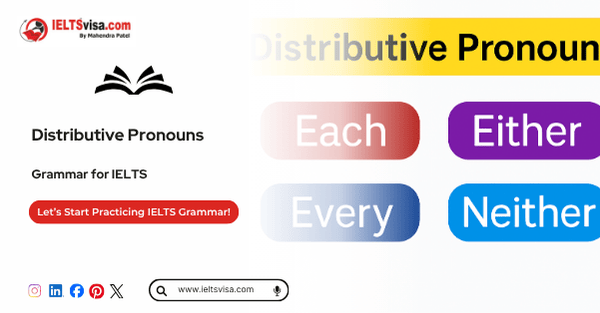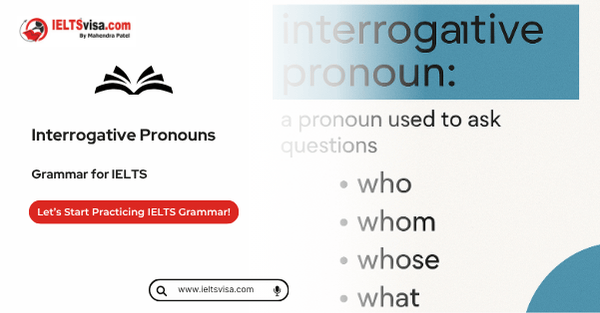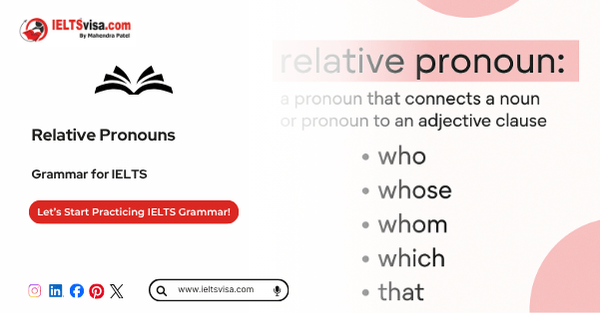Why some IELTS students get lower band scores in Reading?
IELTS Advice
There can be several reasons why some IELTS students get lower band scores in Reading. Here are some common reasons:
- Poor time management: The Reading section of the IELTS test is time-bound, and candidates need to answer 40 questions in 60 minutes. If a candidate spends too much time on a particular question or section, they may not have enough time to answer the remaining questions.
- Lack of reading skills: The Reading section requires candidates to have strong reading skills, including the ability to skim and scan, understand complex vocabulary, and interpret information presented in graphs and charts.
- Incomplete understanding of instructions: Not understanding the instructions, such as failing to follow the word limit or ignoring the question format, can result in lower scores.
- Poor exam strategy: Some candidates may not read the questions carefully or may not prioritize answering the questions that carry more marks. They may also struggle to find relevant information in the given text.
- Inadequate practice: Not practicing enough before the exam can also result in lower scores. Candidates who have not practiced reading English texts regularly may struggle to finish the Reading section within the given time limit.
- Language proficiency: Lower scores in Reading can also be due to inadequate proficiency in the English language, including weak vocabulary, grammar, and comprehension skills.
Study Abroad







Distributive Pronouns
Distributive Pronouns: Definition, Examples, and Usage The English language is full of fascinating grammatical tools that help convey meaning precisely. Among the many types of pronouns, distributive pronouns play a unique role. These pronouns are used to refer to...

Interrogative Pronoun
What Is an Interrogative Pronoun? Definition, Usage, and Examples Interrogative pronouns play a vital role in the English language, helping us form questions when the noun or subject of a sentence is unknown. Whether you’re asking about a person, object, or...

Relative Pronouns
Relative Pronouns: Definition, Usage, and Examples Relative pronouns are an essential part of English grammar, used to introduce relative clauses and connect them to the rest of a sentence. These pronouns not only enhance sentence structure but also provide additional...








